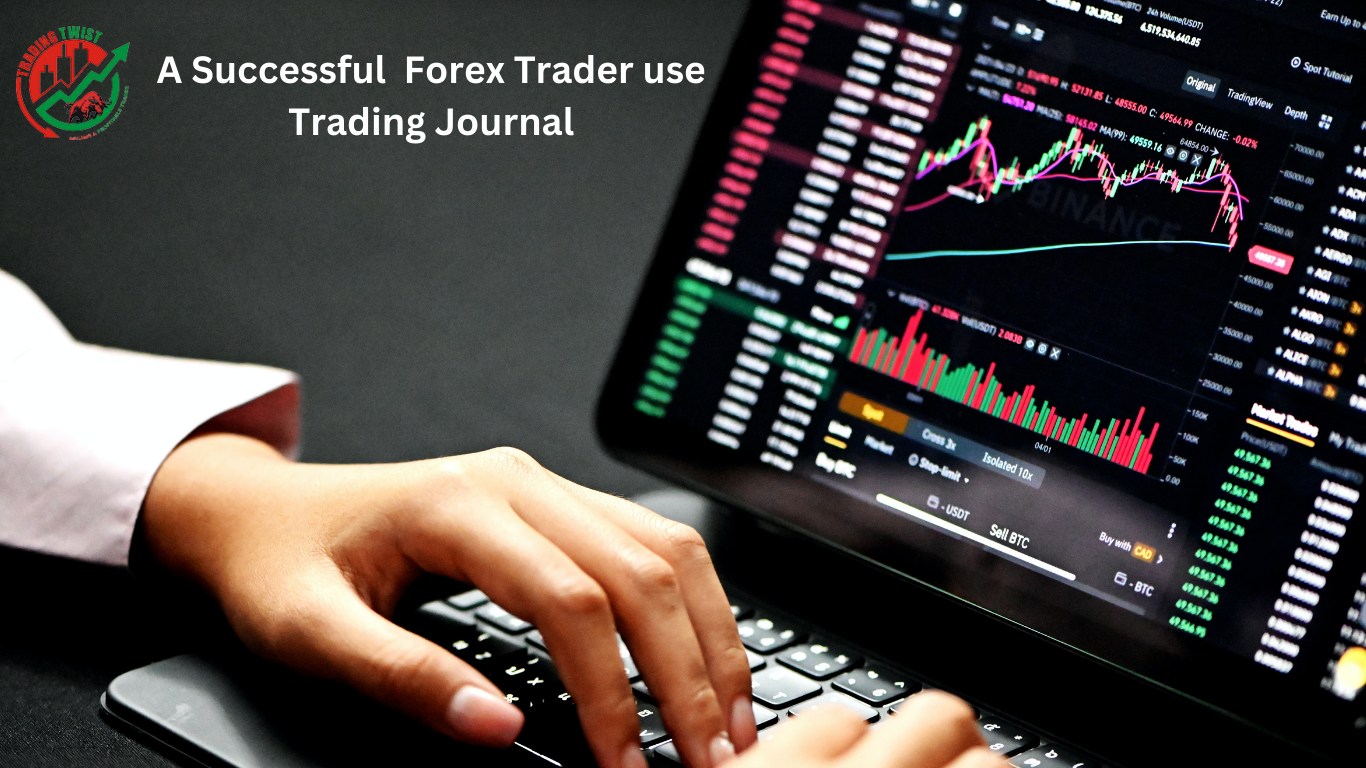
A trading journal is a very important tool for any forex trader. It can be the difference between success and failure. A trading journal can help a trader track their progress, identify strengths and weaknesses, and make necessary adjustments to their strategy.
A trading journal can also provide motivation and keep a trader accountable. Without a trading journal, it is easy to become complacent and take trades that are not in line with your goals. If you are serious about becoming a successful forex trader, then you need to start using a trading journal today.
Key Elements of Forex Trading Journals
Forex trading journals are an important tool for success in foreign exchange trading. A good journal will track all of your trades, both wins and losses, and help you to identify patterns and areas for improvement. Many traders find it helpful to use a spreadsheet or software program to keep track of their journals, but a simple notebook can also be effective.
There are a few key elements that every forex trading journal should include:
+ The date and time of the trade
+ The currency pair traded
+ The Trading Setup
+ The position size (in lots)
+ The entry price
+ The exit price
+ The profit or loss for the trade (in pips)
A brief comment on the trade, such as what you were thinking when you entered or exited
In addition to tracking your individual trades, your forex trading journal can also be used to monitor your overall performance. Keep tabs on your win/loss ratio, average profit per trade, largest drawdown, and other key metrics. This information can be extremely valuable in helping you to improve your trading results.
What is a Trading Journal?
A trading journal is a document that records all of your forex trades, both successful and unsuccessful. This journal can be in either physical or digital form, and it should include the following information for each trade:
- The currency pair that was traded
- The date and time of the trade
- The trading setup
- The entry price
- The exit price
- The profit or loss from the trade
Some traders also like to include additional information in their journals, such as the reason for making the trade, how they felt during the trade, and what could have been done better. Keeping a trading journal is one of the best ways to track your progress as a forex trader and learn from your successes and failures.
Why is a Trading Journal Important?
A trading journal is important because it allows the forex trader to track their progress and performance over time. It also provides a way to reflect on past trades and learn from both successes and failures. By keeping a journal, a trader can identify patterns in their behavior or trading style that may be causing losses and take steps to correct them. Additionally, a journal can help a trader stay disciplined by sticking to their trading plan and following through with their entries and exits. Overall, a trading journal is an important tool that all successful forex traders use to improve their performance and increase their chances for long-term success.
How to Use a Trading Journal
It is an important tool for any forex trader. It can help you track your progress, set goals, and make better decisions in the future. Here are a few tips on how to use a trading journal:
- Keep track of your trades. This includes the date, time, currency pair, entry and exit prices, and your profit or loss.
- Analyze your trades. After each trade, take some time to review what happened and why. Was it a good trade or a bad trade? What could you have done differently?
- Set goals. Use your trading journal to set both short-term and long-term goals for your trading career. For example, you may want to achieve a certain profit level within the next year or two.
- Make plans. Once you have set your goals, you need to make a plan of action on how to achieve them. This may include things like changing your risk management strategy or improving your technical analysis skills.
- Stay disciplined. One of the most important things in forex trading is discipline. Stick to your plan and don’t let emotions get in the way of making rational decisions.
What to Include in a Trading Journal
If you want to be a successful Forex trader, it is important to keep a trading journal. This will help you track your progress and identify areas where you need to improve. When you are starting out, it is helpful to find a journal template that you can use. There are many different journals available online, so take some time to find one that works for you.
When you are filling out your journal, there are several things that you should include. First, you will need to track the date, time, and currency pair that you traded. You will also need to include the type of trade that you made (buy or sell), the price that you paid, and the number of pips that you gained or lost. If you made multiple trades during the day, be sure to track all of them in your journal.
In addition to tracking your trades, it is also helpful to include a brief summary of how the day went. Did anything unexpected happen? Were there any technical problems? How did market news affect the currencies that you were trading? By keeping a record of your thoughts and observations, you will be able to look back and see what worked well and what needs improvement.
A trading journal can be a valuable tool for any Forex trader. By taking the time to fill out your journal on a regular basis, you will be able to track your progress and identify areas where you need to make changes.
Forex Trading Journals – The Pros and Cons
When it comes to Forex trading, one of the most important things that you can do is to keep a trading journal. This will allow you to track your progress and see what is working and what is not. However, there are both pros and cons to keeping Forex trading journals.
The Pros:
- A Forex trading journal can help you to become more disciplined in your approach to trading.
- It can also help you to track your progress and spot any areas where you need to improve.
- Keeping a journal can also give you a better understanding of your own psychology and how it affects your trading.
- In addition, a journal can be a useful tool for risk management.
- Finally, a journal can simply be a fun way to look back on your trades and see how far you have come as a trader.
The Cons:
- One potential downside of keeping a Forex trading journal is that it can take up quite a bit of time. If you are not disciplined about tracking your trades, it can quickly become overwhelming.
- Another potential drawback is that looking back at past trades can lead to second-guessing yourself or becoming too obsessed with what might have been. It is important to stay focused on the present trade and not dwell on past mistakes or missed opportunities
How to Create a Successful Forex Trading Journal
Any forex trader, whether a beginner or an experienced one, must know the importance of having a trading journal. A trading journal is like a personal diary where a trader writes down all important things related to their trading journey. It includes details like what worked and what didn’t, emotions during the trade, entry and exit points, etc.
A trading journal not only helps in improving the current performance but also serves as a reminder for future reference. It allows traders to go back and analyze their past trades to see what went wrong and where they can improve.
Creating a successful forex trading journal is not rocket science. All it takes is some self-discipline and organization. Here are some tips on how you can create a successful forex trading journal:
1) Set up your journal in a way that works for you: There is no “one size fits all” when it comes to setting up your journal. You need to find a system that works for you and stick to it. Some people prefer using Excel sheets while others prefer using pen and paper. Find whatever suits you best and stick to it.
2) Include all relevant details: Make sure that your journal includes all relevant details about your trade. This includes things like entry and exit points, stop-losses, take-profits, the reason for taking the trade, etc. The more detailed your journal is, the better it will be for future analysis.
Conclusion
A trading journal is a very important tool for any forex trader, regardless of experience. It allows you to track your progress, review your trades, and learn from your mistakes. Without trading journals, it would be very difficult to improve as a trader and achieve long-term success. If you are serious about becoming a successful forex trader, then I highly recommend that you start using a trading journal today. Consult with: OurTradeExpert.








